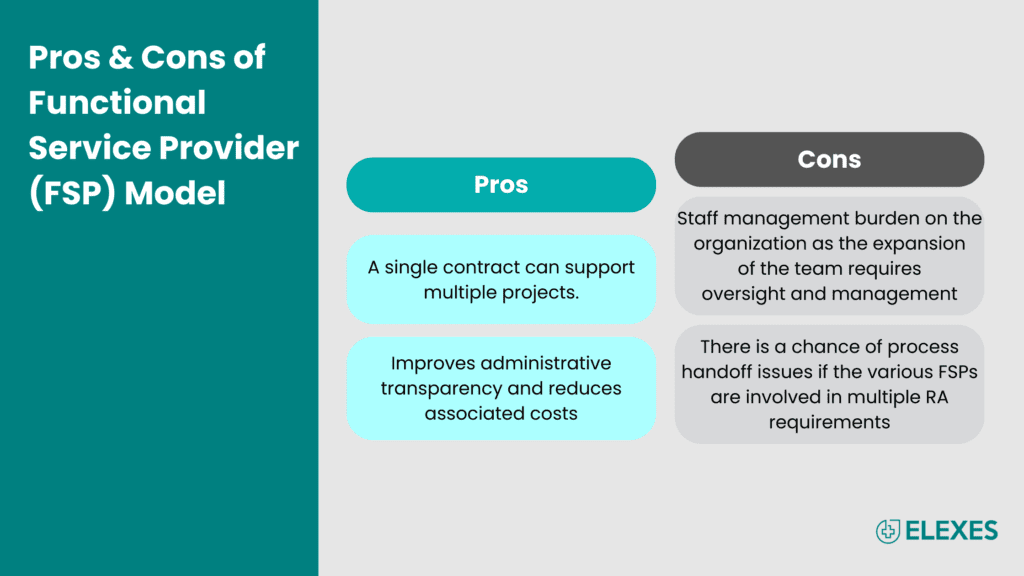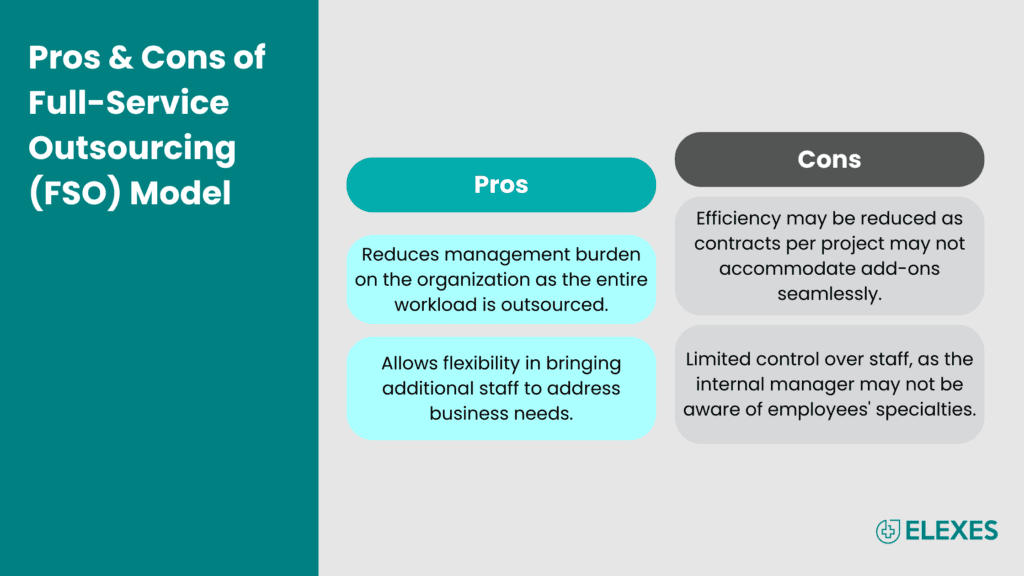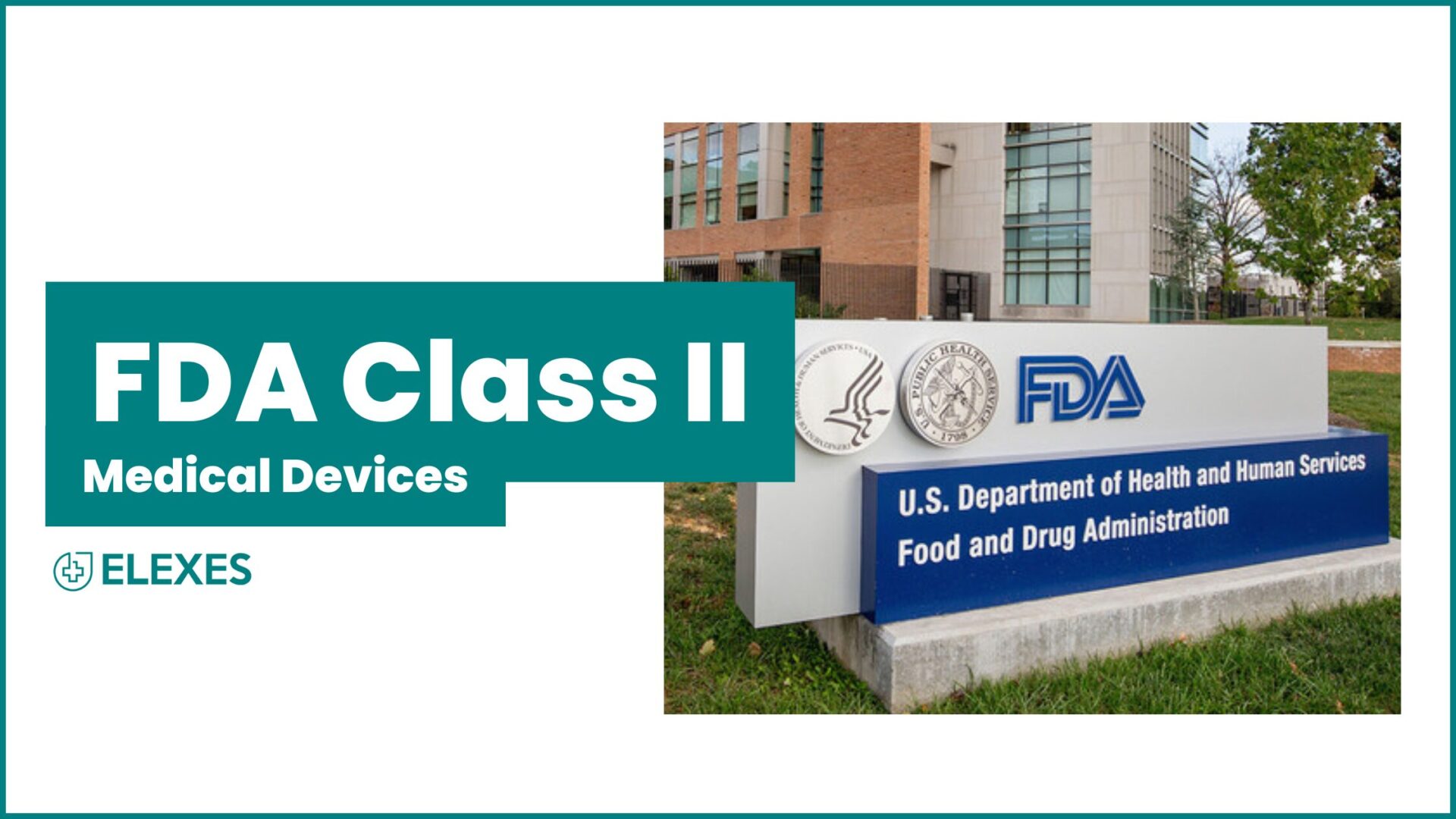Staff augmentation in regulatory affairs is a well-established and effective staffing strategy that strategically places skilled professionals within a pharmaceutical manufacturing companies.
This approach of regulatory outsourcing aims to enhance the internal team temporarily, providing expert regulatory consultants and resources in a cost-effective and flexible manner to address specific regulatory affairs staffing needs and overcome challenges related to urgent project deadlines and skillset shortages.
In the current business landscape driven by market uncertainty, hiring freezes, and corporate layoffs, pharmaceutical manufacturing companies are recognizing the need for increased flexibility and agility.
Adapting to changing market dynamics and resource requirements is crucial, making the evaluation of flexible staffing models for talent management imperative. Such models should be capable of meeting both short-term and long-term staffing needs while offering a strategic framework for efficient, timely, and cost-effective staff adjustments.
The importance of staff augmentation has grown over the years, offering various ways and benefits to organizations seeking regulatory affairs expertise.
RA Staffing Models for pharmaceutical Manufacturers
1️⃣ Functional Service Provider (FSP) Model
In this staffing model, pharmaceutical companies have the flexibility to select staff according to their specific project requirements.
Irrespective of what you are looking for –
🔵 Full-time staff for an entire project 🔵 Partial staff for specific tasks
Pharma and drug companies can tailor their contracts accordingly.
This model allows organizations to outsource regulatory affairs tasks, such as submissions, drug safety management, and health authority monitoring, based on the FSP partner’s expertise.
Types of FSP models:
➡️ Full-Time Equivalent (FTE) Staffing Model: Analytically designed to accommodate short- or mid-term staff needs for time-bound projects. The focus is on the number of working hours required to complete a project rather than the number of staff.
➡️ Fixed Price Model: In this model, the contract budget is predetermined, providing transparency and cost control for organizations. The vendor is obligated to complete the contract regardless of time and expense.

2️⃣ Full-Service Outsourcing (FSO) Model
In this model, pharmaceutical manufacturers outsource either the majority of research-oriented tasks or the entire research process to RA experts.
Contracts are unit-based, and organizations entrust the entire drug development process to a full-service provider.
Type of FSO model:
➡️ Unit-Based Staffing Model: Organizations pay for units of work delivered by the staff. This model suits situations where work volume fluctuates predictably for a specific period.

Having a staff augmentation model in place offers flexibility, control, and cost-effectiveness.
Whether seeking regulatory experts for specific projects or aiming to enhance the expertise of an existing RA team, our global reach and regulatory expertise at Elexes can help eliminate skill gaps and strengthen your projects.
Contact us to discuss your needs.





















